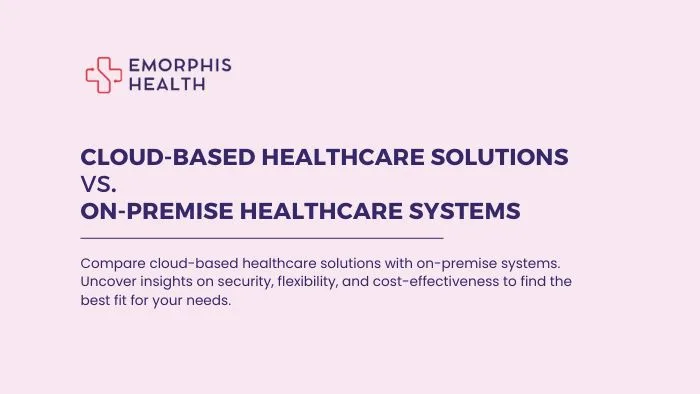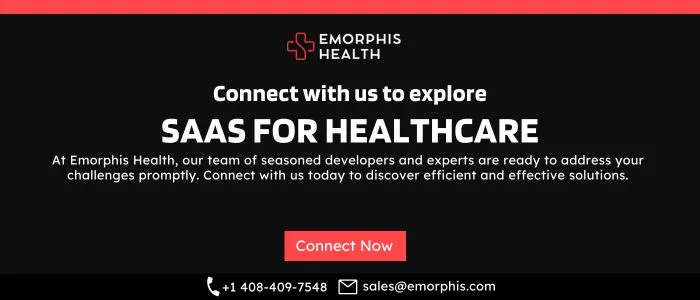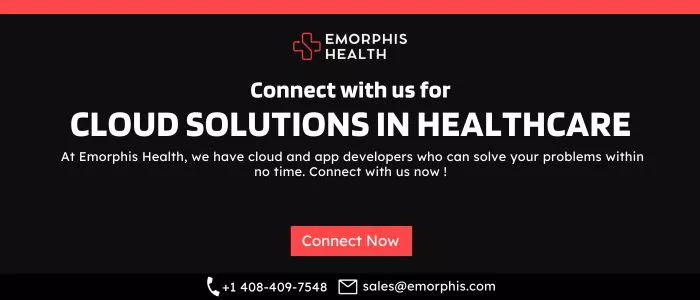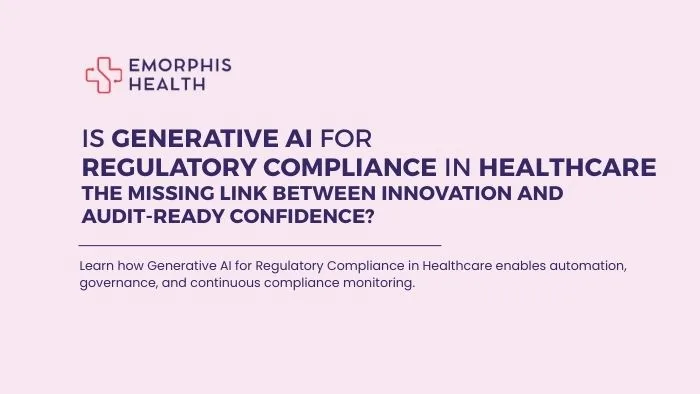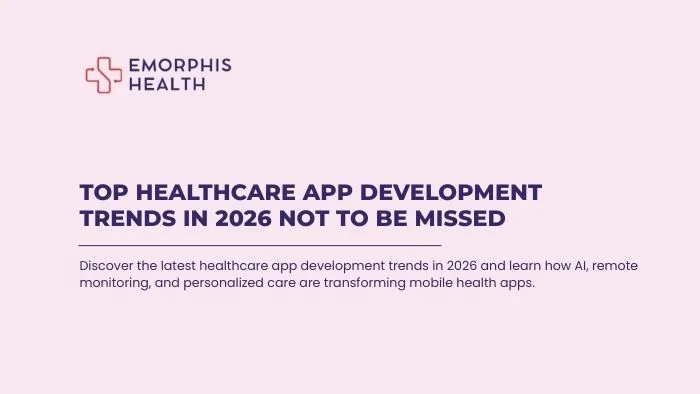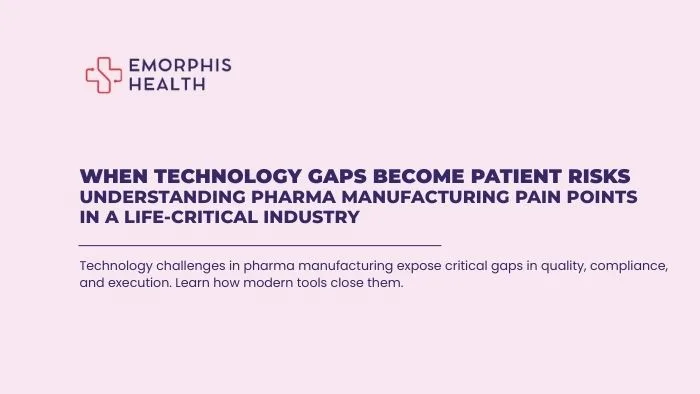Introduction
See Contents
Welcome to the ultimate face-off in healthcare tech! It’s the battle royale between the new-age contender, Cloud-Based Healthcare Solutions, and the seasoned veteran, On-Premise Healthcare Systems. Who will emerge victorious in this epic showdown? Grab your popcorn as we dive into the nitty-gritty of these two heavyweights.
Market share is a crucial aspect to consider in the ongoing debate between cloud-based healthcare solutions and on-premise healthcare systems. As of recent data, cloud-based healthcare solutions are rapidly gaining ground. They currently hold a significant market share, driven by the increasing need for scalable, flexible, and cost-effective solutions. According to MarketsandMarkets report, the global healthcare cloud computing market was valued at approximately $39.4 billion in 2020 and is expected to reach around $89.4 billion by 2027, growing at a CAGR of 17.8% during the forecast period.
On the other hand, on-premise healthcare systems continue to have a substantial presence, especially among organizations that prioritize complete control over their data and infrastructure. However, their market share is relatively stagnant due to the high upfront costs, maintenance challenges, and limited remote accessibility. The on-premise healthcare IT market is projected to grow at a slower rate, highlighting a shift towards cloud-based solutions as the preferred choice for many healthcare providers.

This data underscores the growing preference for cloud-based healthcare solutions in the industry, driven by their advantages in scalability, flexibility, and cost-effectiveness.
Cloud-Based Healthcare Solutions vs. On-Premise Healthcare Systems. Both have their merits, and understanding their differences is crucial for making informed decisions.
So, let’s explore these two giants in the healthcare arena.
1. Flexibility and Scalability
Cloud-Based Healthcare Solutions: Think of cloud-based solutions as the superhero of adaptability. They offer unmatched flexibility and scalability. Need more storage? A few clicks and it’s done. Want to add new features? Easy peasy. These solutions grow with your needs, allowing for quick adjustments without physical upgrades.
On-Premise Healthcare Systems: On-premise systems, on the other hand, are like your reliable old friend. They provide a stable, controlled environment. However, scaling up often requires significant time, effort, and capital investment. Physical hardware upgrades and software installations can be cumbersome.
2. Cost Considerations
Cloud-Based Healthcare Solutions: Cost efficiency is a hallmark of cloud-based solutions. They typically operate on a subscription-based model, reducing the need for hefty upfront investments. Plus, you only pay for what you use, making budget management more predictable.
On-Premise Healthcare Systems: These systems require substantial initial investment in hardware, software, and infrastructure. Maintenance and upgrades also add to the ongoing costs. However, they can offer long-term savings for organizations that prefer a one-time investment.
3. Security and Compliance
Cloud-Based Healthcare Solutions: Security in the cloud is often a top concern. Renowned cloud providers implement strong security protocols, including encryption, frequent updates, and adherence to healthcare regulations such as HIPAA. However, data breaches can still occur, making it essential to choose a trusted provider.
On-Premise Healthcare Systems: On-premise systems give you full control over your data security. With proper measures in place, they can offer a high level of protection. However, the responsibility for maintaining security and compliance rests entirely on your shoulders.
4. Accessibility and Collaboration
Cloud-Based Healthcare Solutions: One of the standout features of cloud-based solutions is accessibility. Healthcare professionals can access data from anywhere, anytime, fostering collaboration and improving patient care. Remote access is a game-changer, especially in today’s world.
On-Premise Healthcare Systems: While on-premise systems offer controlled access within a facility, they lack the seamless remote accessibility of cloud solutions. Collaboration can be limited to physical locations, which may hinder efficiency and response times.
5. Maintenance and Updates
Cloud-Based Healthcare Solutions: With cloud solutions, maintenance and updates are handled by the service provider. This means less downtime and fewer disruptions. Updates are rolled out automatically, ensuring your system is always up-to-date.
On-Premise Healthcare Systems: Maintenance and updates for on-premise systems require internal IT resources. Scheduling updates and performing maintenance can be time-consuming and may result in downtime. However, it allows for more control over the process.
6. Performance and Reliability
Cloud-Based Healthcare Solutions: Cloud providers invest heavily in ensuring high performance and reliability. They offer robust infrastructure with redundancy and failover mechanisms to minimize downtime. However, internet connectivity is crucial for access.
On-Premise Healthcare Systems: On-premise systems can offer consistent performance, as they are not reliant on external internet connections. However, they may be vulnerable to hardware failures and require a strong disaster recovery plan.
Key Differentiator
Both cloud-based healthcare solutions and on-premise healthcare systems have their unique strengths. The key differentiator lies in your organization’s specific needs and priorities. If flexibility, scalability, and accessibility are paramount, cloud-based solutions might be the way to go. Conversely, if control, long-term cost savings, and security are top priorities, an on-premise system could be the better choice.
To provide a clearer understanding of the differences between the various options, we’ve organized the key details into a table format. This allows for a side-by-side comparison of features, benefits, and limitations, making it easier to evaluate and choose the best solution based on your specific needs. The table presents a comprehensive overview, ensuring that you can quickly identify and assess the critical differences without sifting through extensive text.
Feature |
Cloud-Based Healthcare Solutions |
On-Premise Healthcare Systems |
|---|---|---|
| Flexibility and Scalability | Offers unmatched flexibility and scalability; easy to adjust to changing needs. | Stable but requires significant effort and investment to scale up; physical upgrades are needed. |
| Cost Considerations | Subscription-based model; reduces upfront costs and you pay for what you use. | Requires substantial initial investment; and ongoing costs for maintenance and upgrades. |
| Security and Compliance | Robust security measures with encryption and compliance with regulations; risk of data breaches. | Full control over data security; responsibility for maintaining security and compliance. |
| Accessibility and Collaboration | Accessible from anywhere with the internet; enhances remote collaboration. | Limited to physical locations; collaboration restricted to within the facility. |
| Maintenance and Updates | Provider handles maintenance and updates; automatic and less disruptive. | Internal IT handles maintenance and updates; can be time-consuming with potential downtime. |
| Performance and Reliability | High performance with robust infrastructure; reliant on internet connectivity. | Consistent performance not dependent on the internet; requires strong disaster recovery planning. |
Conclusion
Ultimately, the choice between cloud-based healthcare solutions and on-premise healthcare systems depends on your unique situation. Understanding the pros and cons of each will empower you to make the best decision for your healthcare organization. Whether you lean towards the cloud or prefer on-premise stability, both paths offer valuable solutions to enhance patient care and operational efficiency.
If you’re exploring the optimal solution for your healthcare technology needs, connecting with the experts from Emorphis Health is a great starting point. Our specialists are well-versed in both cloud-based healthcare solutions and on-premise systems. They can provide tailored advice on how each option fits your organization’s goals, regulatory requirements, and operational preferences.
Whether you’re seeking the flexibility and scalability of cloud solutions or the control and customization of on-premise systems, Emorphis Health’s team can offer insightful guidance to help you make an informed decision that best suits your needs.
Reach out to us to delve deeper into which approach will enhance your healthcare technology infrastructure effectively.

